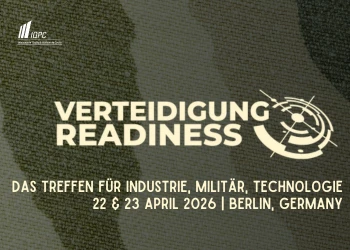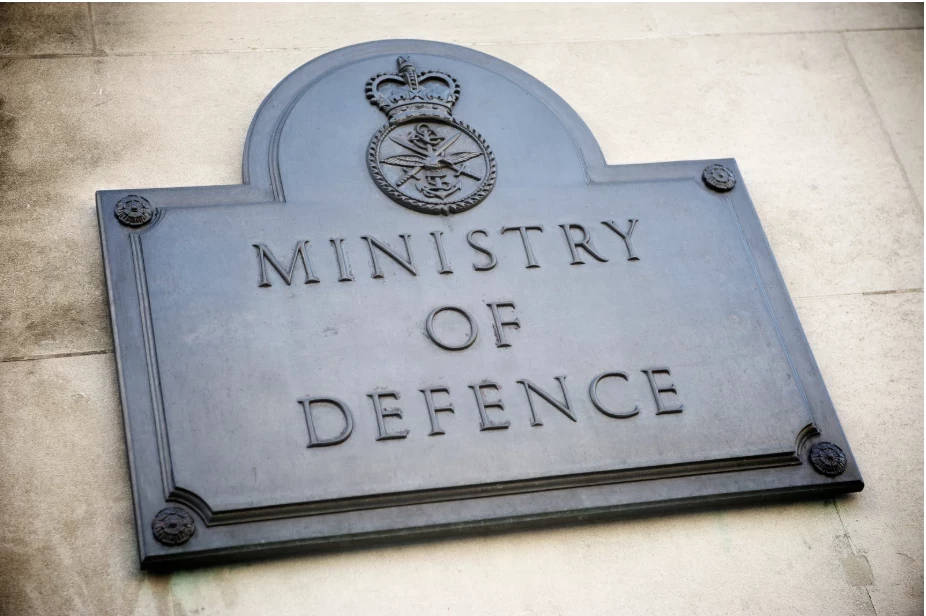Review: Defence IQ's Countering Drones conference
The December event shone a light on the latest technology and regulations
Add bookmarkAs became clear at the conference, society is in need of specific means to deal with the growing number of recreational and commercial drones.
Drone legislation is still scarce and differs from country to country. General laws relating to privacy, aviation, data protection and the like are applicable to drones, but it could be questioned whether they provide sufficient safeguards to deal with new challenges and threats.
For example, is there anything one could do when someone is filming them with a drone while sunbathing in the garden, especially when it is unknown who the drone belongs to? What happens with personal data when Amazon starts using drones to deliver packages and these drones get hacked? And what could law enforcement agencies do when drones are equipped for criminal purposes, such as spying on critical infrastructure, transportation of drugs or perhaps even a terrorist attack?
In 2014 the European Commission released a statement in which it called for a common framework to regulate the use of civil drones: “It is now the right time to unlock the EU RPAS market with a combination of new and existing regulatory action at the European level dealing with all relevant issues, including the insertion of safety, security, privacy and data protection requirements within existing EU rules in these areas.”
In order to invigorate its intentions, the European Aviation Safety Agency is currently working on draft regulation intending to extend the European Union’s competence to regulate all drones.
It should be kept in mind that regulation has become a field of study in its own right, as it covers a range of disciplines (such as economics, sociology, political science, psychology and of course, law).
"The conference provided me with valuable insights into the work of professionals in this field"
With my PhD research I hope to contribute to a clearer legal view on civil drone regulation. How can we use different regulatory techniques to control drones? What kind of standards do we need? How can drone regulation be enforced?
The Countering Drones conference provided me with valuable insights into the work of professionals in this field. Presentations from the Irish Aviation Authority, the Estonian Police & Border Guard Board and the Czech Ministry of Transport are among the many interesting talks that contributed to my understanding of the challenges that civil drone use poses to society, as well as the do’s and don’ts of regulation.
For more information about my PhD research (first year PhD student at the School of Law, Queen Mary University of London and conducting legal research into the regulation of civil drones within the European Union) or possible contributions I can be reached at: h.l.m.lenobel@qmul.ac.uk.
The author wishes to extend special thanks to Rheinmetall Defence, who sponsored her attendance and the event.






















